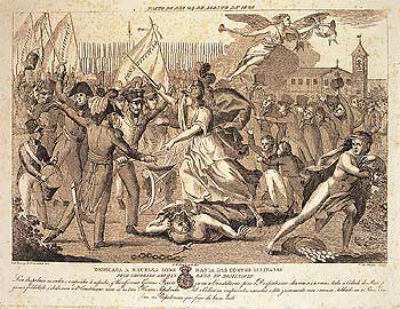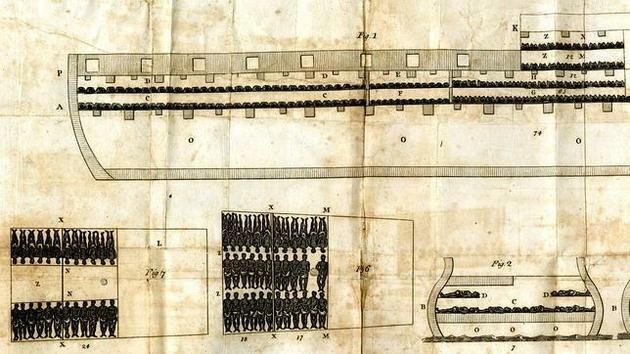Elected thanks to the political bases formed by Getúlio Vargas, Eurico Dutra was the first president elected by direct vote after the Estado Novo. Inaugurated in 1946, he experienced the tensions and problems that marked the development of the Cold War on the international political scene. Internally, he had as his first major action, the convening of the Constituent Assembly that would discuss the laws to be integrated into a new Magna Carta.
Officialized in 1946, the new Brazilian constitution determined autonomy between the three powers and the holding direct elections for state, municipal and legislative executive and legislative positions. federal agencies. Military personnel and the illiterate could not vote, the female vote was maintained and its minimum age reduced to 18 years of age. In fact, only women who worked in the civil service with paid positions were required to vote obligatorily.
In the economy, we observed that the country regained import levels as the large industrialized nations resumed the old rhythm of production. As a consumer market of great interest, Brazil absorbed a significant amount of consumer goods, mainly from the United States. In a short time, the country's foreign exchange reserves were decreasing, the national industry slowed down and the external debt started to grow again.
Not restricted to the economic field, the alliance between the Dutra government and the US government also had repercussions on political actions of an authoritarian nature. After receiving a significant amount of votes, the Communist Party was outlawed and all civil servants belonging to the same party were relieved of their positions. Shortly thereafter, the government of Brazil announced the severing of its diplomatic relations with the Soviet Union.
Noting the worsening of the country's economic problems, Dutra adopted measures that facilitated the import of fuel and industrial machinery into the country. In May 1947, the Salte Plan intended to reorganize public spending on health, food, transport and energy. Through these control actions, the Dutra government managed to achieve an average annual economic growth of 6%.
Arriving in 1950, Brazilians were preparing for a new election for President of the Republic. Once again, just as in 1945, the national political scene experienced a shortage of national political leaders. In this way, the PSD offered the candidacy of Cristiano Machado from Minas Gerais, and the UDN bet again on Brigadier Eduardo Gomes. The PTB, in turn, came to the front launching the name of Getúlio Vargas, who won with 48% of the valid votes.
Do not stop now... There's more after the advertising ;)
By Rainer Sousa
Teacher in History
Would you like to reference this text in a school or academic work? Look:
SOUSA, Rainer Gonçalves. "Dutra Government"; Brazil School. Available in: https://brasilescola.uol.com.br/historiab/governo-dutra.htm. Accessed on June 27, 2021.



